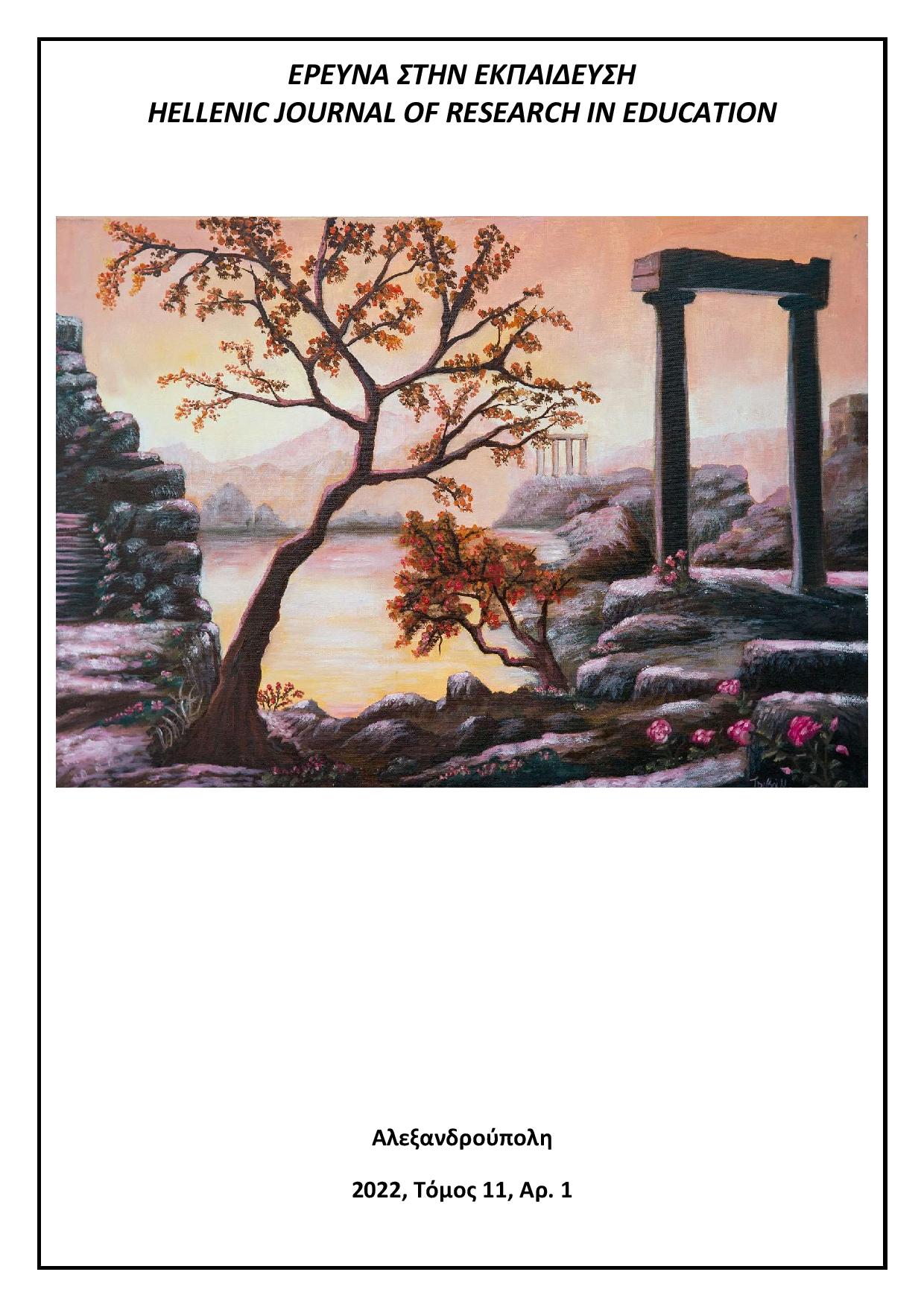Differentiations in the inplementation of educational changes. Teachers' opinions

Abstract
Educational changes often are not applied as designed and proposed by the Ministries of Education of the various states. The change theory and the theory of action, which is a proof of the application of the change theory, are the theoretical tools for understanding the course of implementing a change. Teachers' practices often highlight the dimension between espoused theories and theories in use. The deviation creates two models of application, single and double loop. In change formula, many factors are obstacles to the attempt to implement educational change, however, there are also facilitating factors. An electronic questionnaire was conducted on a Panhellenic sample of 513 teachers working in primary schools (preschool and elementary education). The purpose of the research was to investigate teachers' views on the implementation of educational changes. The findings show that teachers explicitly declare that they do not apply educational changes as proposed by the Ministry of Education, as they argue that they are frequent, are drafted without preceding the necessary information and training, without taking into account the reality of school units, the needs of pupils as well as theirs. Teachers also emphasized their own responsibilities. The findings are useful for the educational policy, as it appeared that the teachers not only refuse, but also, they adapt the changes according to their beliefs and to the educational theory that they follow.
Article Details
- How to Cite
-
Manesis, N., & Theodorou, F. (2022). Differentiations in the inplementation of educational changes. Teachers’ opinions. Hellenic Journal of Research in Education, 11(1), 276–292. https://doi.org/10.12681/hjre.31351
- Issue
- Vol. 11 No. 1 (2022)
- Section
- Articles

This work is licensed under a Creative Commons Attribution-NonCommercial-ShareAlike 4.0 International License.
Authors who publish with this journal agree to the following terms:
- Authors retain copyright and grant the journal right of first publication with the work simultaneously licensed under a CC-BY-NC-SA that allows others to share the work with an acknowledgement of the work's authorship and initial publication in this journal.
- Authors are able to enter into separate, additional contractual arrangements for the non-exclusive distribution of the journal's published version of the work (e.g. post it to an institutional repository or publish it in a book), with an acknowledgement of its initial publication in this journal.
- Authors are permitted and encouraged to post their work online (preferably in institutional repositories or on their website) prior to and during the submission process, as it can lead to productive exchanges, as well as earlier and greater citation of published work (See The Effect of Open Access).


